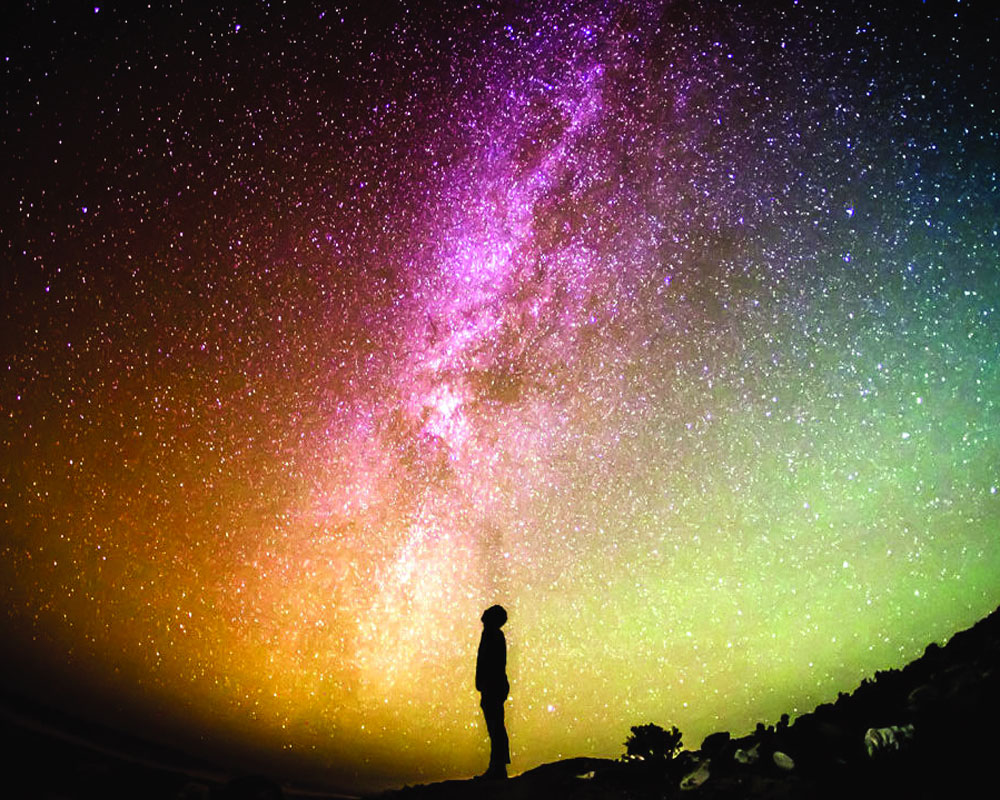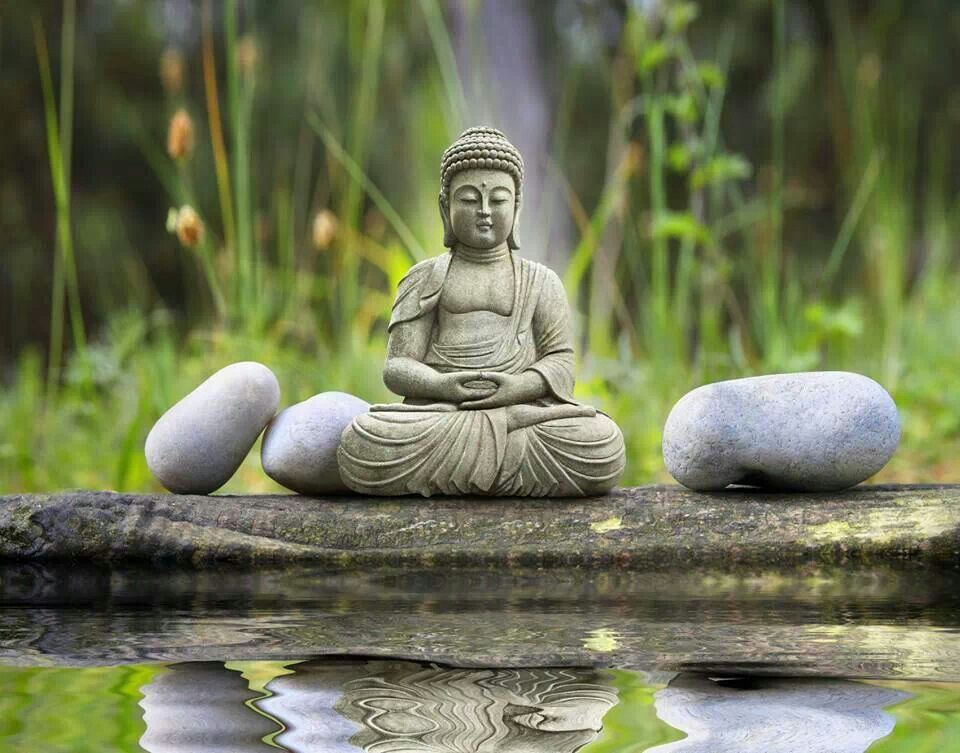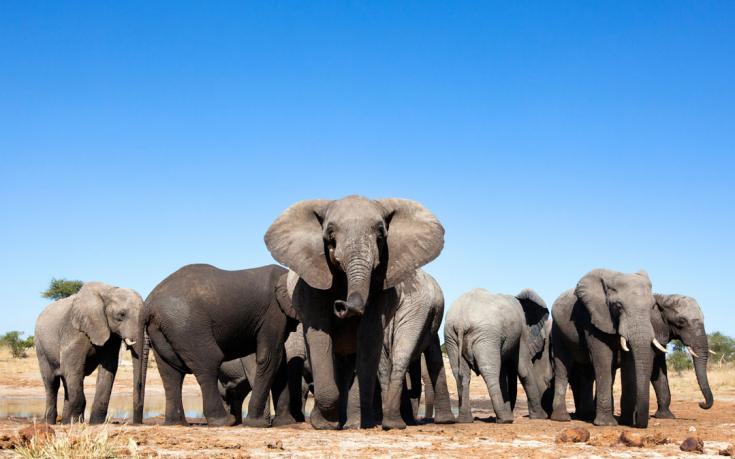Question to Osho – IN REPLY TO MY QUESTION, YOU SAID THE OTHER DAY TO LIVE AND ENJOY LIFE TOTALLY.
BUT WHAT IS LIFE THEN? – TO GO IN SEX, TO MAKE MONEY, TO FULFIL WORLDLY DESIRES, AND ALL THAT? IF SO, THEN ONE HAS TO DEPEND ON OTHERS, AND THE WORLDLY THINGS WHICH ARE SURE TO BECOME A BONDAGE IN THE LONG RUN. AND ALSO, WILL IT NOT MAKE THE SEARCH OF THE SEEKER VERY, VERY LONG?
Yes, life is all that you can imagine and desire. Sex is included, money is included; everything that the human mind can desire is included. But you live in a sort of hang-over. Even in the formulation of a question, your condemnations are absolutely clear, emphatically clear.
You say, “In reply to my question, you said the other day to live and enjoy life totally. But what is life then – to go in sex, to make money, to fulfil worldly desires, and all that?” The condemnation is clear.
You seem to know the answer before you have asked the question. Your learning is absolutely clear: cut sex, cut love, cut money, cut people. Then what sort of life would be left there?
This has to be understood: the word ‘life’ has no meaning in it if you go on cutting everything. And everything can be condemned. Enjoying food is life; anybody can condemn it: “What nonsense! Just chewing food and swallowing it inside? Can this be life? Then breathing – just taking air in, throwing it out, taking it in, throwing it out – what boredom! And for what? Then getting up early in the morning and going to sleep in the evening, and going to the office and to the shop, and a thousand and one miseries. Is this life? Then making love to a woman? Just two dirty bodies! Kissing a woman – nothing but an exchange of saliva and millions of germs. Think of germs: it is not even hygienic; certainly it is irreligious. It is also unhygienic.”
So what is life? Take everything out of the context of the whole, and it looks meaningless, absurd.
That’s how religious people have been condemning life through the ages. You give them anything, and they will be able to condemn it. They say, “What is the body? Just in a bag of skin there are millions of dirty things. Just open the bag and see.” And you will find that then they are right. But have you asked the other question? These people must have been expecting something which they have not found. Were you expecting gold inside the bag of skin, or diamonds inside the bag of skin?
Then would things have been better? Ask the other question: what were you expecting? You cannot find a better and more beautiful body than you have, and you go on looking at the dirt inside. You don’t look at the beautiful work it continues.
The whole body continues to work for seventy, eighty, or even a hundred years with such smooth efficiency, with such silence. Look at the throbbing energy in the body, the pulsation of energy. But there are people who can always find something wrong. Whatsoever it is, they can find something wrong. You show them a rose and they will take it off the plant and will say, “What is it? It will be dead within a few hours. Yes, it will wither, so all beauty is lost.” You show them a beautiful rainbow, and they will say that it is illusory: “You go there and you will not find anything. It simply appears to be.” These are the great condemners, the poisoners of life. They have poisoned everything, and you have listened to them too much. Now you find that it has become almost impossible for you to enjoy life. But you never think that this incapacity to enjoy life is created by your so-called religious teachers. They have poisoned your being. Even when you are kissing a woman, they go on inside telling you, “What are you doing? This is nonsense. There is nothing in it.” Even while you are eating they go on saying, “What are you doing? There is nothing in it.” Those condemners have done the great work.
And this is one of the basic problems: that to appreciate is difficult, and to condemn is easy. To appreciate is very difficult because you have to prove something positively. Only then can you appreciate it. Heinrich Heine, one great German poet, writes in his memoirs: “One day I was standing with the great philosopher, Hegel, and it was a beautiful cool night – dark, silent – and the whole sky was beautifully full of stars.” Of course, the poet started appreciating it, and he said, “What beauty; what tremendous beauty!” And he added, “I always think that if a man only looks at the earth and never looks at the sky, he may become an atheist. But a man who looks at the sky, how can he become an atheist? – Impossible!” But, by and by, he became a little uneasy because Hegel was completely silent; he had not uttered a word. He asked Hegel, “What do you think, sir?” And Hegel said, “I can’t see any beauty or anything. These stars you are talking about? – They are nothing but a leprosy of the sky.” Leprosy…!
Condemnation is so easy. That’s why condemners are so articulate. People have not talked in favor of life because it is difficult to say anything positive about life – it is too much for words. Condemners have been very articulate: they have been condemning and negating, and they have created a certain mind in you which goes on working from the inside and goes on poisoning your life. Now you ask me, “What is life – to go in sex? to make money? to fulfil worldly desires, and all that?” And what is wrong in worldly desires? In fact, all desires are worldly. Have you come across any desire which is not worldly? What do you desire God for? – And you will find the whole world hidden there in your desire. What do you desire heaven for? – And you will find the whole world hidden there.
Those who know say that desire is the world. They don’t say ‘worldly desires’. Buddha has never said ‘worldly desires’. He says, “Desire is the world”; desire as such. The desire for samadhi, the desire for enlightenment, is also worldly. To desire is to be in the world; not to desire is to be out of the world.
So don’t condemn the worldly desire; try to understand it, because all desires are worldly. This is the fear: that if you condemn the worldly desires, you will start creating new desires for yourself which you will call unworldly, or other-worldly. You will say, “I am not an ordinary man. I am not after money. What is it, after all? You die – you cannot take the money with you. I’m seeking, searching for some eternal wealth.” So are you unworldly, or more worldly? People who are satisfied with the wealth of this world – which is momentary, and death will take it away – they are worldly. And you are searching for some wealth which is permanent, which is forever and ever; and you are unworldly?
You seem to be more cunning and clever.
People are making love to ordinary human beings – they are worldly. And what are you desiring?
And look in the Koran, look in the Bible, look in the Hindu scriptures: what are you desiring in heaven? – Beautiful damsels made of gold, never aging, remaining always young. They are always at the age of sixteen – never fifteen, never seventeen – something miraculous. When the scriptures were written, then too they were at the age of sixteen. Now the scriptures have become very ancient, but those girls continue to be at the age of sixteen. What are you desiring?
In Mohammedan countries homosexuality has been prevalent, so even that is provided for in heaven.
You will not only have beautiful girls, you will have beautiful boys available. And in this world alcohol is condemned, and there, in the Mohammedan heaven, there are springs of wine. Springs! You need not go to the pub, you can just swim in them, drown in them. And you call these people unworldly? In fact, they are nothing but very worldly people who have become so frustrated with this world that now they live in fantasy. They have a fantasy world; they call it paradise, heaven, or something else.
All desires are worldly, and when I say that, I am not condemning them – I am simply stating a fact: to desire is to be worldly. Nothing is wrong with it. God has given you an opportunity to understand what desire is. In understanding desire, in the very understanding of it, the desire disappears. Because desire is in the future, desire is somewhere else, and you are here-now. You want to be here-now; and the reality is here-now, the existence is happening here-now, everything is converging on here-now, and with your desire you are somewhere else so you go on missing. You remain always hungry because that which can satisfy you is showering here, and you are somewhere else.
Now is the only reality, and here is the only existence. Desire takes you away.
Try to understand desire: how it goes on deceiving you, how it goes on taking you away on further trips, and you go on missing. So whenever you remember, come back, come back home.
There is no need to fight with the desire, because if you fight with the desire you will create another desire. Only one desire can fight with another desire. Understanding is not a fight with desire. In the light of understanding desire disappears, as darkness disappears when you kindle a lamp.
So don’t call these worldly desires; don’t be a condemner. Try to understand.
“If so, then one has to depend on others, and the worldly things which are sure to become bondage in the long run.” But what is wrong in depending on others? The ego does not want to depend on anybody. The ego wants to be independent. But you are dependent. You are not separate from existence, you are part of it. Everything is joined together. We exist together, in a togetherness.
Existence is a togetherness, so how can you become independent? Will you not breathe then? Will you not eat food? If you will eat food, you will have to depend on the trees, on the plants. They are supplying food to you. Will you not drink water? – Then you will have to depend on rivers. And will you not need the sun? – Then you will die. How can you become independent?
‘Independent’ is a wrong word, as wrong as the word ‘dependent’. Independence and dependence are both wrong. The real thing is ‘interdependent’. We are all together, interdependent. Even the king is dependent on his slave, as much as the slave is dependent on the king. It is an interdependence.
It happened in the life of Caliph Haru-an-Rasid. He was sitting with his court joker, Bollul, and he said, “Bollul, I’m the most independent man in the world. I’m a monarch with infinite power, and whatsoever I want I can do. The whole world obeys me. Can you find anything which is not under my order?”
Bollul kept silent, then he said, “Sir, this one fly is disturbing me very much. Can you order her not to disturb me?”
Haru-an-Rasid said, “You are a fool. How can I order the fly? And she will not listen to me.”
Bollul said, “Have you forgotten sir, what you were saying: that the whole world follows your orders? – And even this fly just in front of you is sitting on my head. I am trying to avoid it, and it goes on landing again and again on my nose; and I have seen it landing on your nose also, sir! And you cannot order this small fly? – And the whole world follows your order? You think again.”
The world is an interdependence.
Haru-an-Rasid and flies are all interdependent, and Bollul is wiser than Haru-an-Rasid. In fact, because he is very wise is why he’s thought of as a fool. Or, maybe it is because of his wisdom that he calls himself a fool – because to exist in this world of fools you should not declare that you are a wise man. Otherwise, they will kill you. This Bollul seems to be wiser than Socrates and Jesus.
They committed one mistake: they declared that they were wise. That created trouble. All the fools gathered together and they said, “We cannot tolerate you.” You cannot crucify a Bollul. Maybe he is wiser than Jesus and Socrates. He says, “I am a fool, sir”; but see his insight.
Tags: Existence Is A Togetherness Patanjali










